Nine people were killed and nine others injured when Boko Haram fighters raided two villages in northeast Nigeria, a civilian militia said on Thursday.
Jihadists in pickup trucks attacked Kalari Abdiye and nearby Amarwa, in Konduga district, around 20 kilometres (12 miles) from Borno state capital Maiduguri, on Wednesday, September 19.
“The gunmen, who were obviously Boko Haram fighters, killed nine people and injured nine more in the attacks,” Ibrahim Liman, from the Civilian Joint Taskforce told AFP.
“They attacked the villages around 8:30 p.m. (1930 GMT) when it was raining and people were indoors.”
Frightened residents rushed out of their homes but when they did so they were shot “indiscriminately”, said another CJTF leader, Babakura Kolo.
“The two villages were completely burnt by the attackers,” he added, giving a similar toll.
The attack comes just days after a similar incident. On September 14, local militia said Boko Haram gunmen killed eight people when they attacked two villages in Borno state in an attempt to steal livestock. Locals armed with machetes, bows and arrows and cudgels attempted to defend the villages, around 50 km north of Maiduguri.
It was not clear which of the two Boko Haram factions was behind the attacks and there was no claim of responsibility.
Boko Haram factions
Boko Haram is divided into two factions that have competing goals and operational methods. One, led by Abubakar Shekau, is notorious for suicide bombings and indiscriminate killings of civilians. The other, led by Abu Mus’ab Al-Barnawi, largely focuses on attacking military and government targets. Known as Islamic State West Africa Province, it is apparently in talks with the Nigerian government.
ISWAP is dominant around the shores of Lake Chad in Borno while the Shekau-led faction is concentrated in rural areas of the state.
More radical elements are said to have taken over the ISWAP leadership, prompting fears of an upsurge in violence against the local population. ISWAP has previously vowed to hit only military and government “hard” targets.
Barnawi, the son of Boko Haram’s founder Mohammed Yusuf, is widely seen as just a figurehead, with Mamman Nur directing day-to-day operations, but Nur was reportedly killed in August by hardliners because of his more moderate approach.
“The death of Mamman Nur has lifted the lid off the radical elements in the group, who prefer indiscriminate violence as carried out by Shekau,” one unnamed source told AFP.
Nigerian military targets
Boko Haram has intensified its armed campaign in recent weeks, and has launched a number of major assaults on military bases in the remote northeast region, undermining repeated claims by the military that the insurgent group has been defeated.
On September 12, militants attacked a military base in Damasak in the far north of Borno state. They were repelled with aerial support after an hours-long battle.
A week earlier, a base was sacked in the town of Gudumbali, around 80 km (50 miles) from Damasak. Thousands of civilians were forced to flee and Boko Haram temporarily seized the town before withdrawing the next day.
On August 30, 48 soldiers were killed in an attack on a military base in Zari, around 30 km (20 miles) from Damasak on the border with Niger. That attack is thought to have been launched from nearby Garunda village, where 17 soldiers were killed in a Boko Haram attack on a military base on August 8.
But attacks have not been limited to military targets.
On September 4, two people were killed and 25 others kidnapped in a Boko Haram ambush on a convoy near the town of Gwoza.
On August 6, seven people were killed in a suspected Boko Haram dawn raid on Munduri village near Maiduguri. Several of those killed were beheaded and the entire village was burned, and on August 3, five people were killed and the village of Gasarwa was razed in a similar raid near the garrison town of Monguno.
Boko Haram no longer controls swathes of territory in northeast Nigeria as it did at the height of its insurgency in 2014, but its militants still pose a threat to the region. The insurgency is in its ninth year and has left more than 27,000 people dead and displaced 2.6 million.
Under pressure to defend his track record, Nigeria’s President Muhammadu Buhari has insisted that the Islamists are a spent force as he gears up for elections next year.
With reporting from AFP


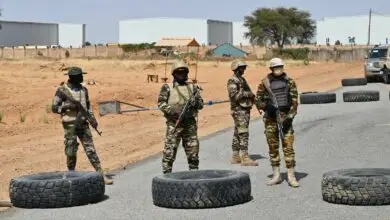
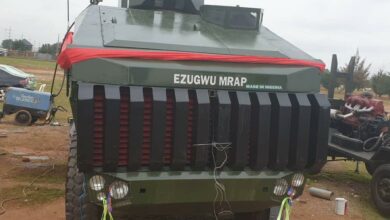
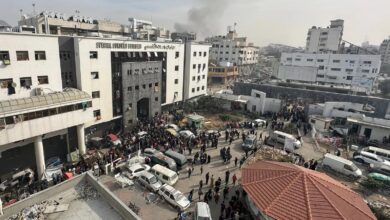

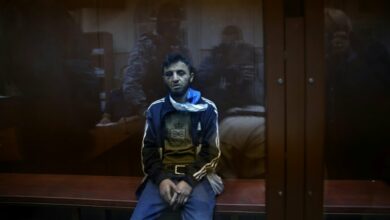
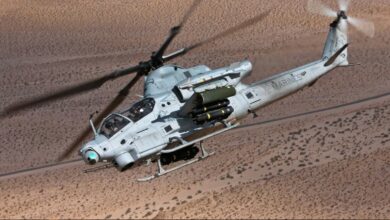
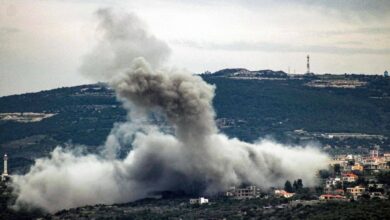
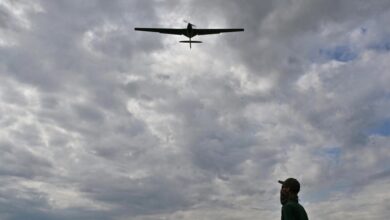

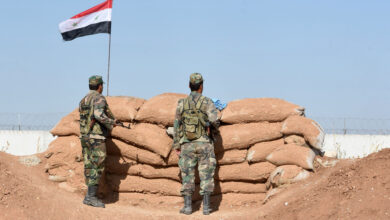
One Comment